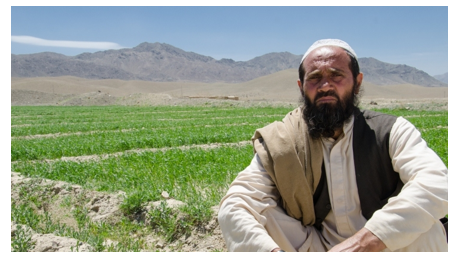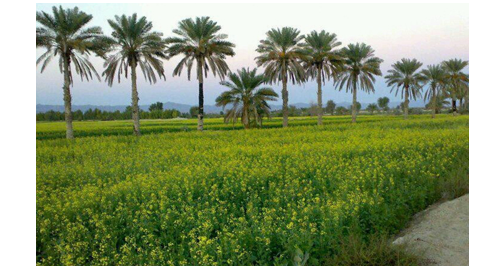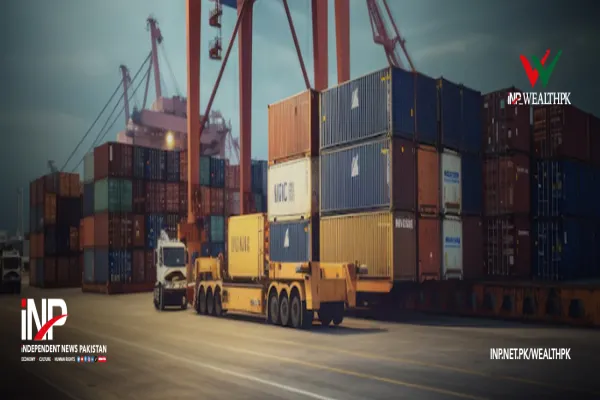i INP-WEALTHPK
Ahmed Khan Malik
The Balochistan government has allocated more funds in the current fiscal year to enhance agricultural productivity in the province.

An amount of over Rs23 billon has been allocated, which is 36 percent higher than the allocations made in the last financial year. “The provincial government has been carrying out an enormous work for the development of agriculture,” Akhtar Notezai, Additional Director of Agriculture Department, Balochistan, told WealthPK. The measures include providing quality seeds and saplings, insecticides for crops, and training in modern and scientific agricultural practices as well as removing hurdles in the way of access from fields to markets, he said.

Balochistan is the largest province of Pakistan in terms of land area. It covers a wide range of agroclimatic conditions, including some which give it a strong comparative advantage in relation to other provinces and to countries in the region. “Development of agriculture in Balochistan depends critically on sustainable and efficient use of critical resources,” said Saleh Baloch, an agriculture researcher. He said latest measures had been taken in the budget in line with the primary objective of the agricultural policy, which aims to raise income and employment of the rural people, while at the same time halting, and eventually reversing the rapid resource degradation. He said there was also a need to improve the participation of women and other vulnerable groups in the economic and social life and to ensure food security of the population.
Currently, 30 percent of the population of Balochistan faces severe to moderate hunger. Achieving these policy objectives will require a strong proactive role by the government to create right institutional, legal and incentive systems to support agriculture to be more efficient and profitable; to halt unsustainable resource use; and to increase both the employment opportunities and value addition, he said. Baloch said in the current situation, government departments were dominated by large numbers of poorly qualified staff. As such, the government is not ready or able to facilitate new partnerships to manage resources, or act as promoter of a more efficient and profitable agriculture system. Under the new policy, a strong effort should be undertaken to build the government’s capacity to play a new role and work more closely with the partners, he noted.
Complementary efforts will be undertaken with the help of local communities, NGOs and the private sector to build their capacity and to overcome current entrenched distrust. Given the province’s large geographic area and scattered population, it is also essential to computerize the government processes and procedures, with greater investment in building the staff capacity and training to utilize the productivity enhancements accruing to the use of information technology, he added. “This will require reorientation away from the traditional paper-based systems with which many senior staff are most comfortable, and thus will require significant investment in staff training and development, as well as investment in the appropriate hardware and facilities,” he said.
Credit: INP-WealthPk









